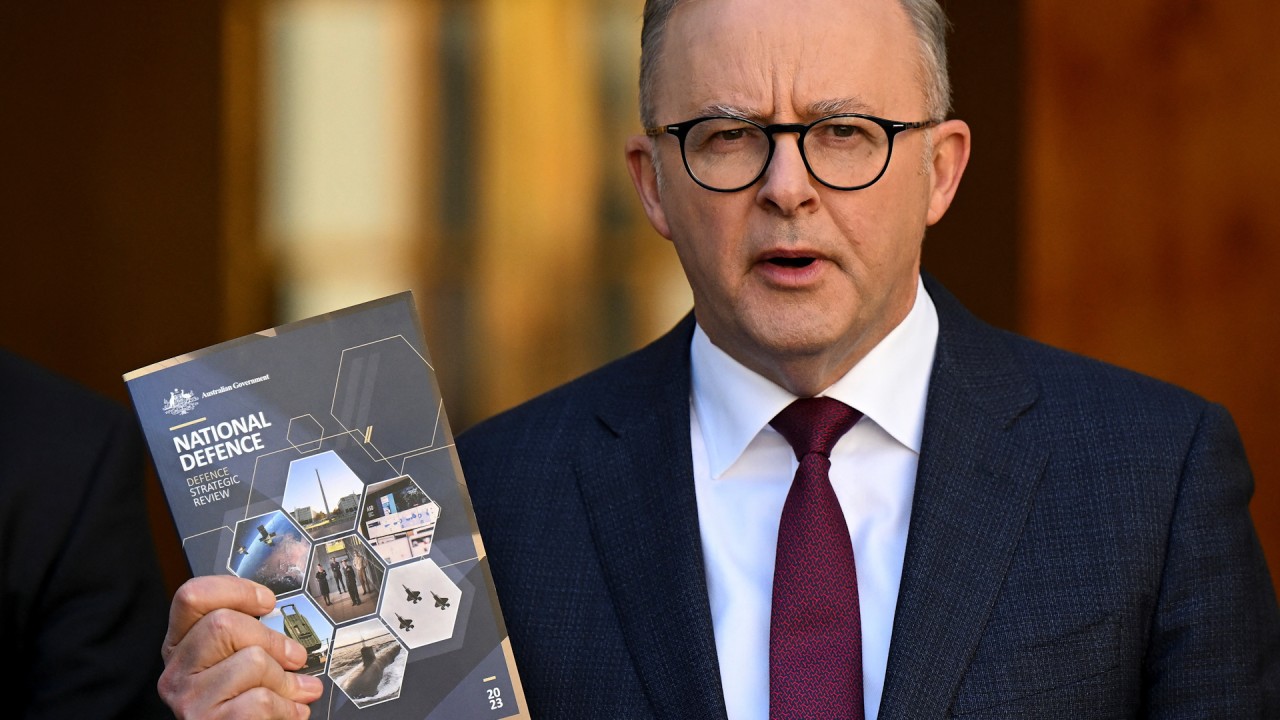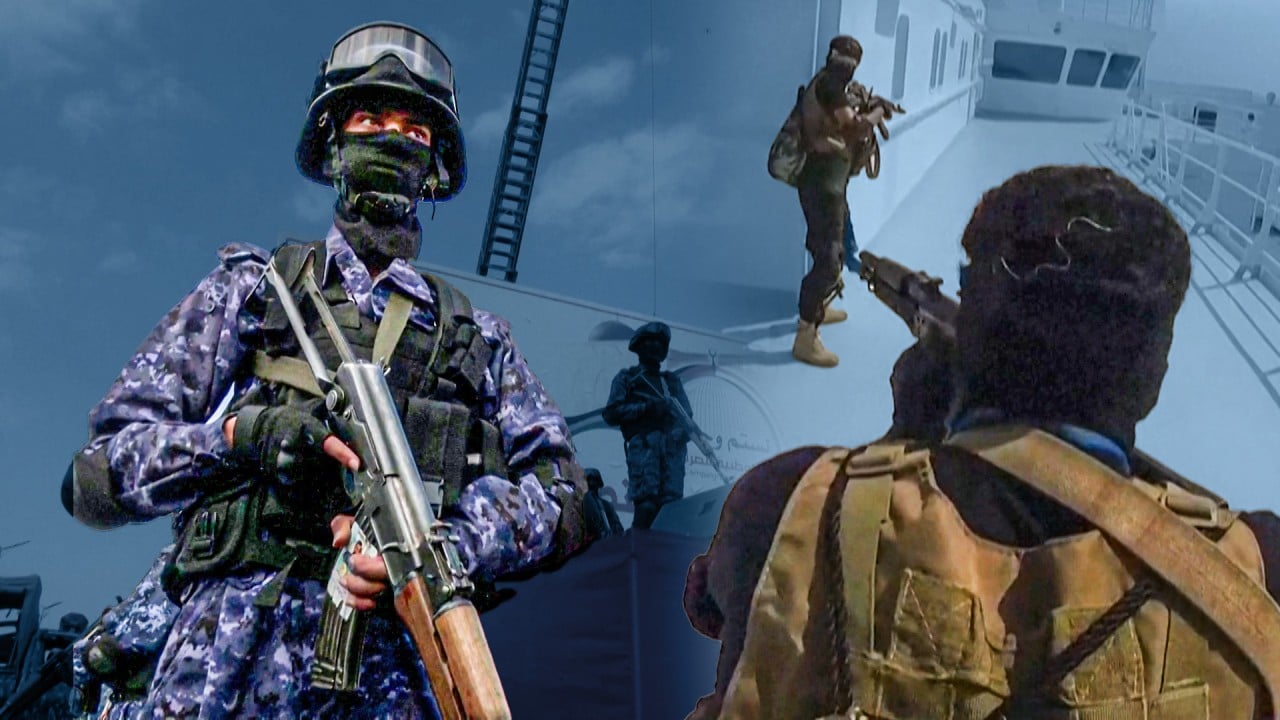Opinion | Why Australia is wary of supporting US-led Red Sea operations
Australia expects the United States to understand its reluctance to deploy warships in the Red Sea, and has emphasised its Western Pacific priorities to show alignment with American interests over China.
Australia’s recently released 2003 cabinet papers reveal that the decision to join the invasion force relied on “oral reports” by then-prime minister John Howard. The released tranche lacked formal submissions, indicating a decision was made without a thorough cost-benefit analysis.
Albanese’s administration has supported investigations into past governments’ lack of transparency in making decisions on joining wars or failure to release necessary documents to the archives. Implementing such accountability could complicate decisions to participate in US-led operations.
Ultimately for Australia, the uncertain deployment timeline and scope of US-led forces in the conflict makes it difficult to commit to dispatching its warships and aircraft in a Middle East cul-de-sac again.
But Australia’s hesitancy is not solely based on geopolitical factors. Above all, Canberra’s decision is arguably influenced by Australians, among whom there is low public trust in government amid declining social cohesion and increasing polarisation.

Muslim leaders in New South Wales and Victoria have vowed electoral consequences for the ruling Labor Party, seeing it as having disregarded their sentiments on the Israeli-Palestinian issue.
For the Labor Party, the loss of the Muslim vote would be significant, but equally pressing is the need to address the decline in social cohesion and public trust in the government. The primary drivers behind this are inflation and the rising cost of living. One Australian social cohesion index has fallen to its lowest level since it began 16 years ago, with public trust in the government down to 36 per cent last year, from 56 per cent in 2020.

The political climate has left Canberra with limited choices regarding America’s request to deploy warships against the Houthis.
Just last October, Australia dispatched an E-7A early warning aircraft and up to 100 soldiers to Germany for six months, to reinforce Western military supply lines for Ukraine. In 2022, it sent a P-8A Poseidon maritime patrol aircraft to support Nato operations in the Mediterranean Sea.
If defence resource constraints or distractions from the western Pacific were the primary concerns, Canberra would have declined to support these allied efforts.
So, its hesitancy over the Red Sea coalition must boil down to just two main factors. One, the uncertainties over the scope, timeline and commitment of Australia’s military forces requested for deployment in the Middle East. And, two, the concern over how this participation might affect Australia’s social cohesion and public trust in the government.
Asma Khalid is an independent researcher and former visiting fellow at the Stimson Center



